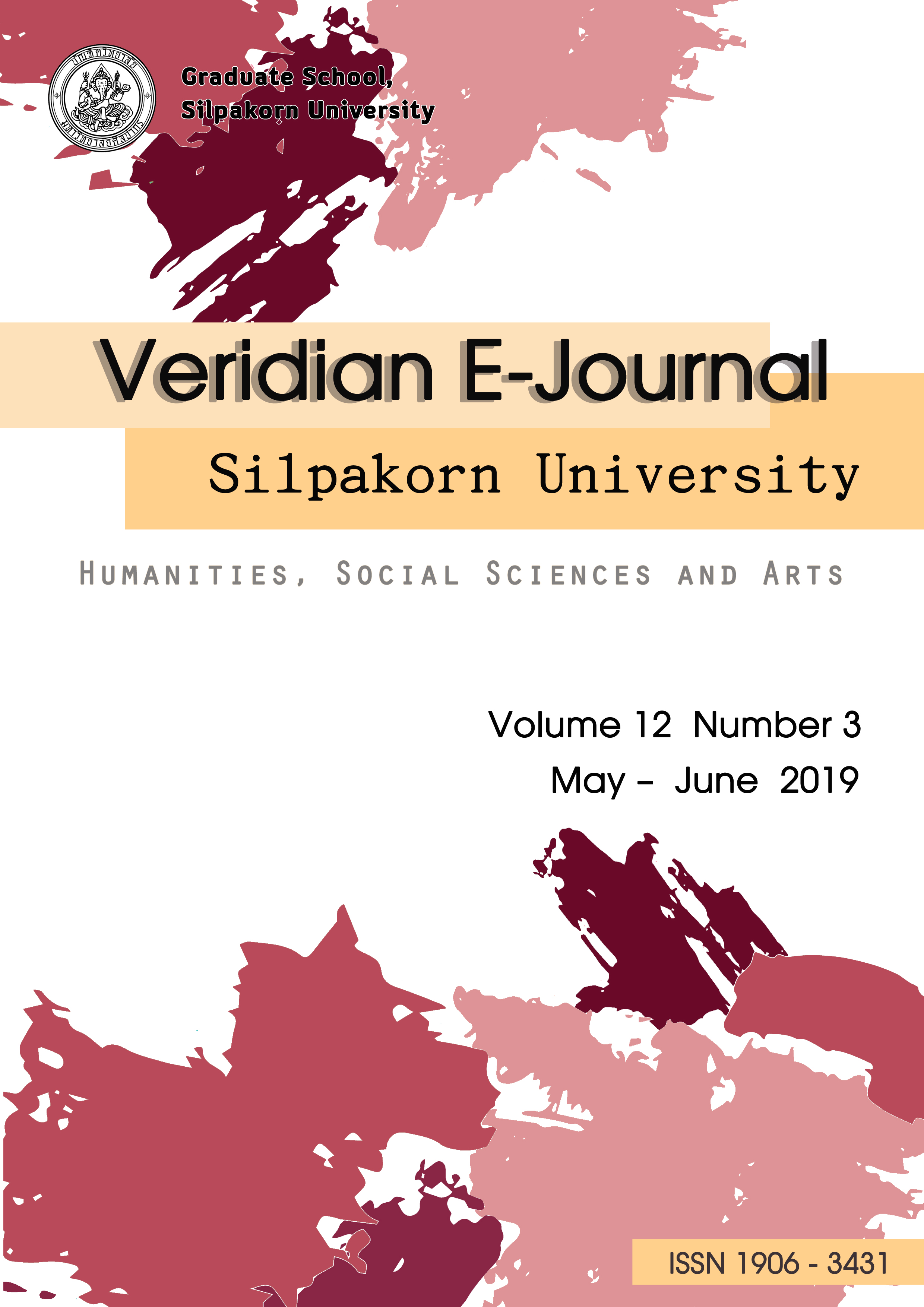A Prototype of Phygital Learning in Pianistic Interpretation of Brazilian Classical Music for University Students in Thailand
Main Article Content
บทคัดย่อ
The main objective of this qualitative research was to design a prototype of a phygital learning in the pianistic interpretation of Brazilian classical music for international university students in Bangkok, Thailand. The phygital learning in the pianistic interpretation of Brazilian classical music refers to an approach for providing piano students’ insight into the specific technical and musical problems and to enhance a deeper learning environment by integrating physical practice with digital contents. The prototype has been designed based upon a literature review and the researcher’s experience. Three experts in piano performance were invited to validate the prototype. The research instruments were 1) a prototype of phygital learning which is comprised of a) guideline of phygital learning in the pianistic interpretation of Brazilian classical music, and b) interactive video integrated with questions based on piano performance technique, and 2) an appraisal of a prototype. The data were analyzed from experts’ comments and feedback. The research findings were comprised of the developed prototype consisting of 1) a guideline for phygital learning in pianistic interpretation of Brazilian classical music showing all steps on how to participate, 2) an interactive video which encourages students to practice by asking interactive questions based on piano performance techniques which was a link between physical environment and digital contents. The prototype of phygital learning should be recommended to students to evaluate and gather more details to improve the physical part and digital part of phygital learning. This innovation should shed a light on enhancing competence in the musical objectives of students’ piano practice by adding a new dimension and an improvement in benefiting the teaching in the pianistic interpretation of Brazilian classical music.

